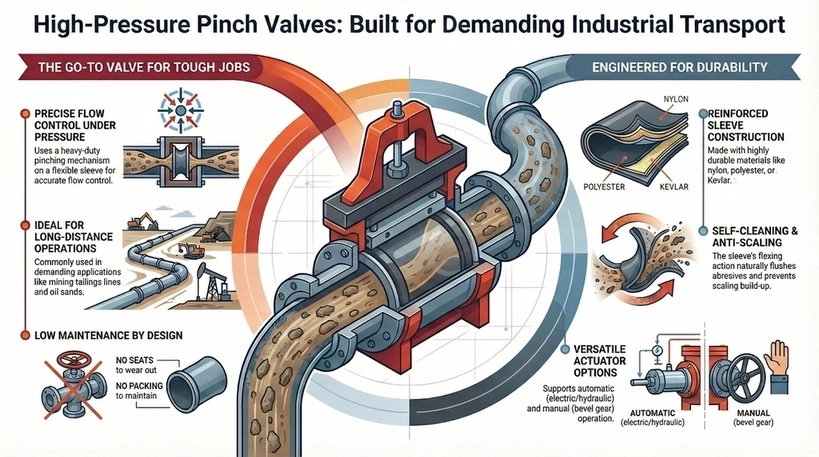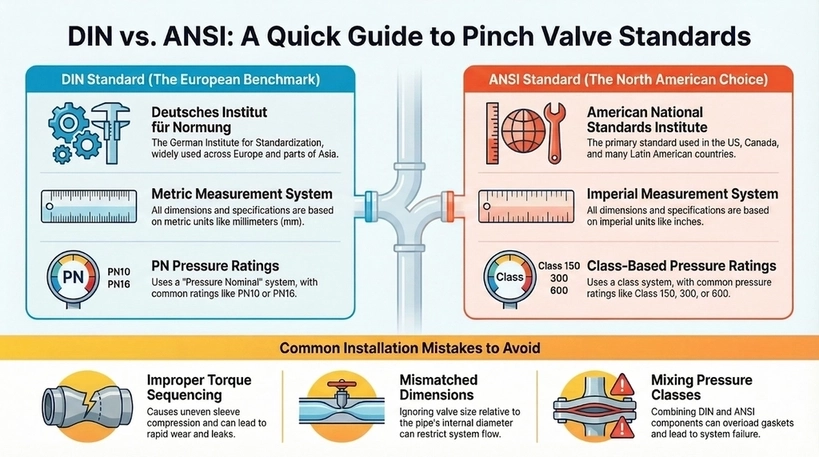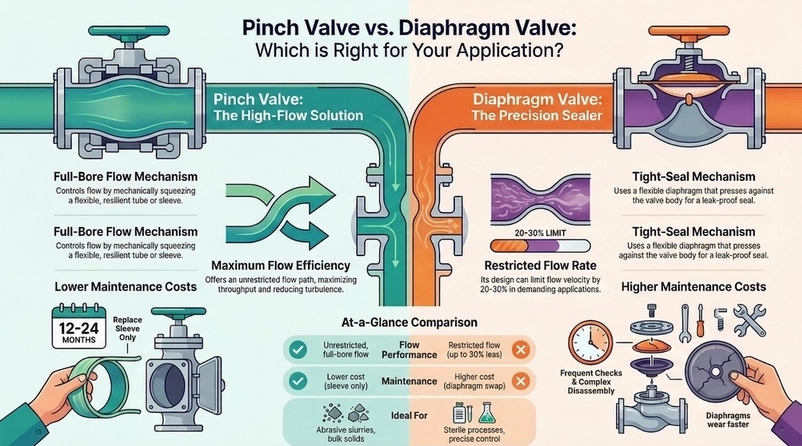

When valves sustain damage, the consequences can be significant, impacting both operational efficiency and safety within fluid handling systems. Valves play a critical role in controlling the flow of fluids such as water, gases, chemicals, and more in various industrial and commercial applications. Understanding what happens when valves are damaged helps highlight the importance of timely maintenance and repair.
Leakage Issues
One of the most immediate problems resulting from valve damage is leakage. This can occur in two primary forms:
Performance Degradation
Valve damage often leads to reduced operational performance. Issues may include:
Safety Risks
Valve damage can pose significant safety risks, depending on the type of fluid being handled:
Financial Implications
The financial impact of valve damage extends beyond repair costs:
Control and Reliability
Damaged valves affect the overall control and reliability of fluid handling systems:
The impact of valve damage underscores the importance of proactive maintenance and regular inspection programs. By identifying and addressing issues early, organizations can minimize risks, enhance operational efficiency, and maintain a safe working environment. Valves are vital components in fluid handling systems, and their proper maintenance is key to ensuring smooth operations and preventing costly disruptions.

High pressure pinch valves, like PN16 pinch valve and class 150 pinch valve designs, involve a rugged and heavy-duty pinching mechanism in positioning the sleeve, resulting in an almost accurate and measurable flow of media. This kind of valve is popular and commonly used for long distance operations in mining tailings lines or oil sands, […]

Understanding pinch valve dimensions and flanges ensures seamless integration into piping systems, particularly when choosing between DIN vs ANSI. The two are different but commonly used standards by organizations in engineering, manufacturing, and product design. DIN was developed in Germany but widely adopted across Europe and parts of Asia. Meanwhile, ANSI standards, which originate from […]

Selecting the appropriate explosion proof valve is essential for safety in industries that pose explosion risks. ATEX certified valves guarantee compliance with European standards, preventing ignition sources from heat, sparks, or static electricity. This blog explores key factors for choosing ATEX certified explosion proof valves that ensure overall operational safety, highlighting the entailed regulations and […]

When handling abrasive or viscous media in industrial processes, the type of valve used can heavily affect the performance, efficiency, and overall user experience. In relation to this, two of the most common valve options are pinch and diaphragm valves. In this blog, we delve into the pinch valve vs diaphragm valve discussion, analyzing flow […]



